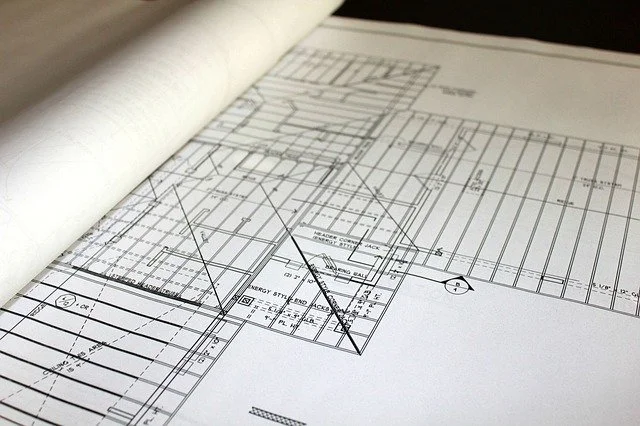Do you choose a contractor, turnkey or build yourself? The pros and cons

Cherish your building plans, and do you already have your building land in your pocket? Then the next question is which formula you want to build. You can choose from several formulas: building with an architect and one or several contractors, or building with a turnkey company. Of course, you can also roll up your sleeves yourself.
1. An architect and several contractors
You have an architect draw up a plan and then look for different contractors for structural work, roofing, screed, electricity,…
Cheaper but time-consuming
Because you can choose a separate contractor for each post, you will, in most cases, work out cheaper than if you were to work with a turnkey company or general contractor. On the other hand, it does take a lot of time to request and analyze various quotes.
Planning is a challenge
Another challenge is the coordination of the various works. Normally, the architect is an important pillar in this. He has a good view of how the works evolve over time. Discuss this practical side in advance, so that you know to what extent your architect is willing or able to take on this coordinating task.
Construction period dares to run out
Due to the many parties involved, each with their own agenda, there is a greater risk with this construction formula that works will take longer than planned.
Costs are less clear
Also, keep an eye on the construction budget. The architect estimates the costs, but practice shows that this is often too optimistic. Another thing to consider are potential problems. It may happen that the different contractors want to shift the responsibility into each other’s shoes.
2. An Architect and General Contractor
If you don’t feel like the headaches of looking for contractors and coordinating all the work, you can leave the execution to one general contractor.
One point of contact, one person responsible
That contractor is your only point of contact. It is up to that person to find subcontractors and watch over the end result. If construction problems arise later, the general contractor is responsible.
Clearer cost picture
This way of working runs more smoothly than with different contractors, and the chance of budget overruns is also smaller. The architect’s task is somewhat more limited. He remains responsible for the design and control of the works but has less coordination.
3. Turnkey company
This construction formula is an extension of building with a general contractor. The difference is that turnkey companies have extensive documentation, basic plans and one or more model homes. One company, therefore, provides a ready-to-move-in home.
One company is responsible for the entire process, from the plans and the design, over the structural work to the finish. So you don’t have to look for an architect and contractor(s), you don’t have to compare quotes, and you don’t have to take care of the coordination.
4. Build it yourself
The biggest advantage of building it yourself is that you save a lot on labor hours, the most expensive cost item. But the picture looks slightly less rosy if you also charge for your own hours. Because remember: building your own takes, in addition to blood, sweat and tears, an enormous amount of time.
Don’t be too light on the technical side
You should also not be too light on the technical side of things. To build from scratch, you already need to be a knowledgeable techie with a good dose of confidence. Also, keep in mind that you are (jointly) responsible in the event of accidents during the construction works or in the event of construction problems afterwards.
Lending a hand
Building it yourself completely is therefore reserved for a few. What is usually feasible and also leads to considerable savings is to lend a hand here and there. Or only take care of certain items, such as the floor or electrical works.




